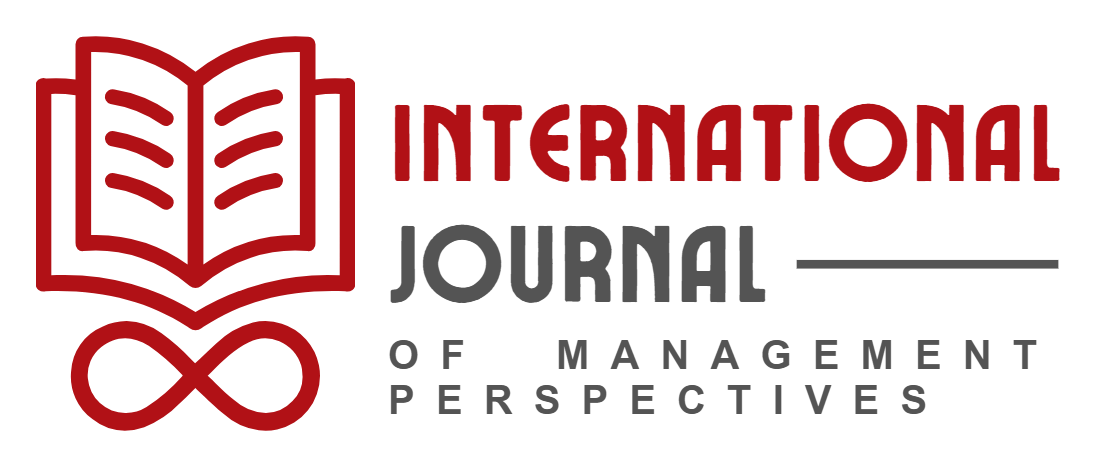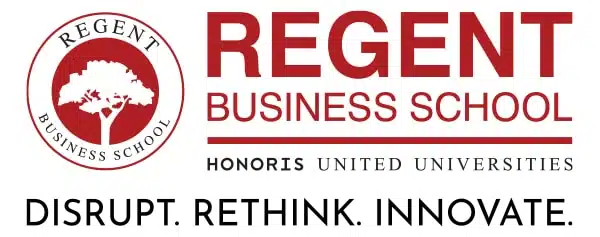Diploma in Financial Management
The programme provides an overview of the necessary skills, knowledge and techniques to manage finances in a public or business sector context.
Description
Course Overview
Financial management is the process of planning, organizing, directing, and controlling financial activities to achieve business objectives. It involves making strategic financial decisions to optimize profitability, manage risk, and create value for stakeholders.
Our comprehensive course explores the complex challenges of the financial decision-making process and provides students with the functions and ability to effectively overcome these issues. By the end of the program, you’ll be able to:
- Make better financial decisions
- Achieve higher levels of profitability for your company
- Develop an all-around, well-developed financial management mindset
Objectives
- Teaches students financial principles of accountability, cost-effectiveness, and value for money so they can make sound financial decisions.
- Delivers fundamental skills to prepare financial statements using relevant information and accounting techniques.
- Equips students with essential communication and leadership skills to be great managers.
- Provides students with an understanding of general legal frameworks and the knowledge to apply specific legal principles relating to business, including taxation applicable to individuals, companies, and groups of companies.
- Gives students the expertise to conduct financial planning and reporting processes.
- Teaches students financial management terminology and concepts.
Course details
The Diploma in Financial Management is a three-year distance learning course with a strong emphasis on the needs of students. It aims to make it possible for students with various needs to work full-time and attend school.
Upon registration, every student will receive a comprehensive study guide for their class and continuing access to and help from the lecturer through phone or email.
Students can choose between two delivery options:
Option 1: Distance learning
This option is ideal for students who want to study independently. Workshops, case-study analysis, and independent reading are all included in the modules. The distance learning option offers additional workshops for two weekends each semester. This makes it possible for students to connect and communicate with their teachers and peers in actual settings.
(Areas with a sufficient degree of demand host workshops.)
Option 2: Rich-distance learning
This option is best for students who value frequent interaction with professors and fellow students while also enjoying independent study. This option includes more formal classroom interactions between students and teachers on online platforms.
Rich-distance learning is an excellent choice for those who want to experience the “conventional” way of studying but at a significantly reduced cost.
Programme structure
Duration: 3 years
There are 5 modules per year over two semesters
Year 1
- Business Communication 101
- Mathematics of Finance 101
- Financial Management 1
- Economics 1
- Financial Accounting 1
Year 2
- Business Management 201
- Introduction to Taxation 201
- Financial Management 2
- Managerial Accounting 2
- Business Information Systems 2
Year 3
- Ethics and Corporate Governance 301
- Public Sector Finance 301
- Financial Management 3
- Commercial Law 3
- Taxation 3
Careers
- Accountant
- Auditor
- Bookkeeper
- Client Services Data Capturer
- Cost Accountant Assistant
- Cost Management Accountant
- Creditor Clerk
- Debtor Clerk
- Finance Administrator
- Financial Accountant Assistant
- Financial Manager
- Financial Planner
- Financial Sales Adviser
- Internal Auditor Clerk
- Inventory Clerk
- State Accountant Assistant
- Virtual Banker
Entry requirements
Admission requirements for the Diploma in Financial Management are as follows:
- A national senior certificate with minimum Diploma admission
- A relevant NQF Level 4 qualification OR equivalent (‘A’ or ‘O’ level certificates)
All submissions must be approved by the RBS Selection Committee.
Frequently Asked Questions
Financial management is an undergraduate degree that specializes in the area pertaining to profitability and finances. The Financial Management graduate will deal with components that relate to planning, managing, controlling and evaluating the financial performance and structure of a business or an individual
Students should note that during the course of their studies they would be required to have access to a computer, printer and the internet
The modules for a diploma in financial management include financial management, investment management, financial planning and accounting principles






